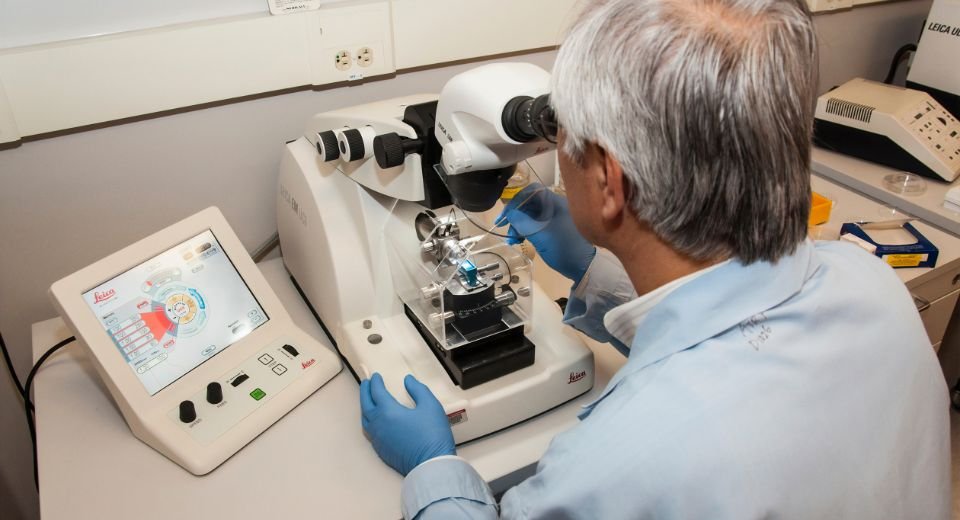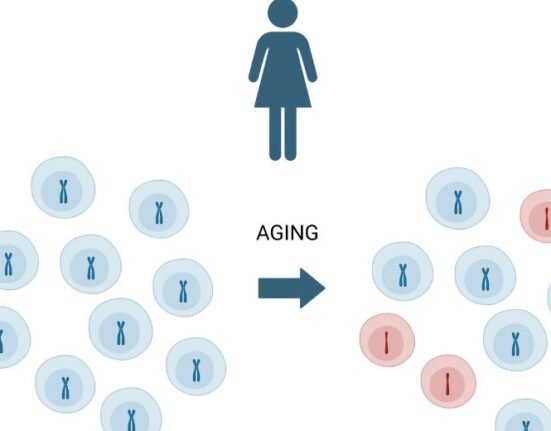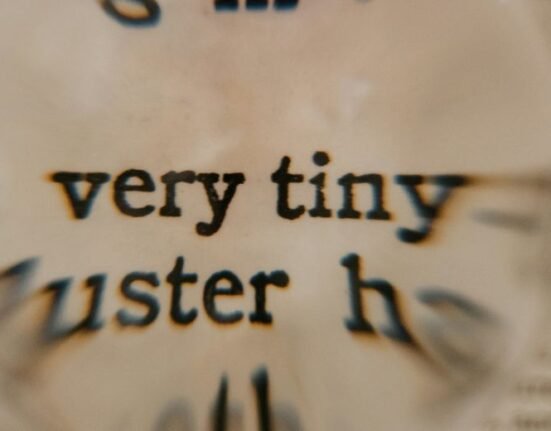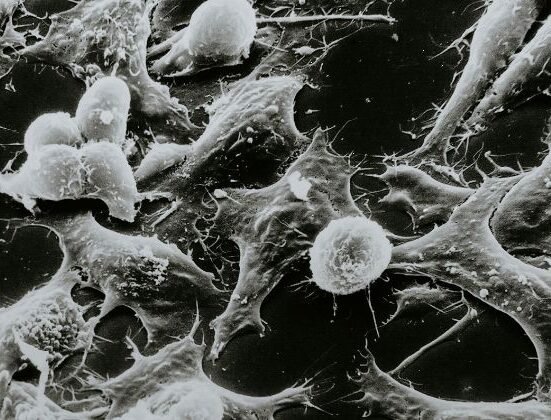HQ Team
February 7, 2023: A cell therapy currently used to treat blood cancers can lead to clinical studies for ovarian cancer, scientists from one of the world’s top research institutes, Karolinska Institutet, wrote in a study.
A new gene explicitly attacks a molecule called a chimeric antigen receptor (CAR), on the surface of the tumour cells. When returned to the patients, the T cells are more aggressive and attack the cancer cells like guided missiles.
The new type of immunotherapy involves extracting a patient’s immune cells (known as T cells) from the blood and injecting them in a laboratory with a CAR gene. It is called CAR-T-cell therapy. According to a study published in The Journal for ImmunoTherapy of Cancer, it proved effective in mice with ovarian cancer.
“This therapy is currently available for patients with blood cancer, and we want to investigate if we can use the method to treat ovarian cancer,” the study’s joint last author Isabelle Magalhaes, a docent at the Department of Oncology-Pathology at Karolinska Institutet, said.
“Despite many improvements to the available therapy, the prognosis for women with ovarian cancer is still poor.”
Solid tumours
CAR T-cell therapy has proved ineffective against solid tumours until now.
“Tumours often arise in an environment that’s unfavourable for T cells, partly due to a low oxygen level,” said Jonas Mattsson, visiting professor at Karolinska Institutet and the second join last author.
“This can cause attacking T cells to be neutralised, impairing the therapeutic effect. So we wanted to examine if it would still work.”
Many ovarian tumours contain mesothelin, and the researchers wanted to test three types of CAR molecules programmed to attack this particular protein. They, therefore, repeatedly exposed ovarian cancer cells to the programmed CAR T-cells in test tubes and conducted experiments on mice.
All three CAR T-cells significantly prolonged the lives of the mice with cancer compared to those in the control group, with the type CAR T cells proving the most productive. The mice injected with T cells expressing that particular molecule saw a reduction in tumour size and lived even longer than the others. Several of the mice were cured.
Attack mesothelin protein
“In several mice, no tumour cells were left that we could detect, and the effect lasted just over three months after the treatment started. This is evidence that immunotherapy involving CAR T cells that attack the mesothelin protein is promising for ovarian cancer,” said Professor Mattsson.
“Hopefully, this discovery will pave the way for a clinical study,” he says. “Our goal is to predict the optimal conditions for producing CAR T cells able to infiltrate and attack the tumour and survive in the bodies of women with ovarian cancer.”
The Swedish Cancer Society, the Swedish Childhood Cancer Foundation, the Cancer Research Funds of Radiumhemmet and the Swedish Research Council financed the study.








